Ronaldo
Ronaldo: The Rise and Reign of a Football Icon
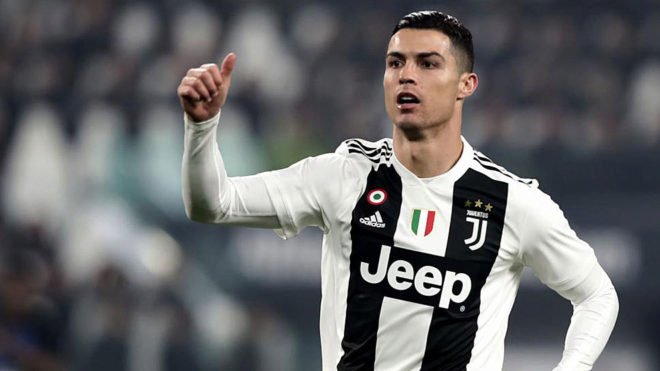
Few athletes in the world can command the kind of attention, admiration, and debate as Cristiano Ronaldo. Known for his unparalleled work ethic, physical prowess, and record-breaking achievements, Ronaldo has cemented his place as one of the greatest footballers of all time. His journey from a small island in Portugal to the pinnacle of global football is a story of dedication, resilience, and an unrelenting desire for success. This blog will dive deep into the life, career, and impact of Ronaldo, exploring what makes him such a unique figure in the world of sports.
Early Life: Humble Beginnings on Madeira
Cristiano Ronaldo dos Santos Aveiro was born on February 5, 1985, in Funchal, Madeira, a small island off the coast of mainland Portugal. Raised in a modest household, Ronaldo’s early years were far from glamorous. His father worked as a kit man for a local football club, and his mother was a cook. Despite financial challenges, Ronaldo showed a deep passion for football from a very young age.
His father’s connection to Andorinha, a local football club, gave young Ronaldo the opportunity to immerse himself in the game. By the age of 8, he was already playing for Andorinha, where his raw talent was evident. His performances attracted the attention of larger clubs, and at the age of 12, Ronaldo took the bold step of leaving his family behind to join the youth academy of Sporting CP in Lisbon. This marked the beginning of his journey towards greatness.
Sporting CP: Where It All Began
Sporting CP’s youth academy is renowned for producing some of Portugal’s finest talents, and Ronaldo was no exception. He quickly rose through the ranks, impressing coaches and scouts with his incredible speed, dribbling, and work ethic. His time at Sporting was not without challenges—he was often bullied by teammates for his accent and lean frame—but these difficulties only fueled his determination to succeed.
In 2002, at the age of 17, Ronaldo made his debut for Sporting CP’s senior team. His performances were electric, and it wasn’t long before European clubs began to take notice. His breakthrough moment came in a pre-season friendly against Manchester United in 2003, where he dazzled Sir Alex Ferguson and the United squad with his skill. By the end of that summer, Ronaldo had secured a move to Manchester United for £12.24 million, making him the most expensive teenager in English football at the time.
Manchester United: The Global Breakthrough
Cristiano Ronaldo’s six-year stint at Manchester United was transformative, both for him and for the club. Under the mentorship of Sir Alex Ferguson, Ronaldo developed from a raw, talented winger into one of the most complete footballers in the world. His first few seasons in England were marked by flashes of brilliance, though he often drew criticism for his tendency to over-complicate his game with stepovers and tricks.
However, Ronaldo’s turning point came in the 2006-2007 season when he began to find consistency in his performances. He scored 23 goals that season, helping Manchester United win the Premier League for the first time in four years. Ronaldo’s form continued to improve, and in the following 2007-2008 season, he reached new heights. He scored an astonishing 42 goals across all competitions, leading United to both the Premier League title and the UEFA Champions League trophy. Ronaldo’s individual brilliance was recognized with his first Ballon d’Or, awarded to the best player in the world.
During his time at United, Ronaldo’s game evolved significantly. He became known not just for his technical skills but also for his incredible athleticism, speed, and ability to score from any position. He developed a reputation as a player who could deliver on the biggest stages, consistently performing in key matches. His success at United set the foundation for what was to come, but by 2009, it was clear that Ronaldo was ready for a new challenge.
Real Madrid: The Pinnacle of Greatness

In the summer of 2009, Cristiano Ronaldo made a record-breaking move to Real Madrid for £80 million, making him the most expensive footballer in history at the time. His arrival at the Santiago Bernabéu marked the beginning of one of the most successful eras in the club’s history and a period that would define Ronaldo’s legacy.
At Real Madrid, Ronaldo took his game to unprecedented levels. In his debut season, he scored 33 goals, but that was just the beginning. Over the next nine seasons, Ronaldo consistently scored over 40 goals a season, establishing himself as one of the most prolific goal-scorers in football history. His rivalry with Barcelona’s Lionel Messi intensified, with both players pushing each other to reach new heights.
Ronaldo’s individual achievements at Real Madrid were staggering. He won four Ballon d’Ors during his time at the club (2013, 2014, 2016, 2017) and broke numerous records, including becoming the club’s all-time leading goal-scorer with 450 goals in 438 appearances. His goal-scoring exploits were matched by his leadership and determination, especially in the UEFA Champions League, where he became the competition’s all-time leading goal-scorer.
The crowning achievements of Ronaldo’s Real Madrid career were the four Champions League titles he won with the club, including three consecutive titles from 2016 to 2018. His performances in the Champions League were nothing short of legendary, particularly in the knockout stages, where he consistently delivered when it mattered most. One of his most iconic moments came in the 2017-2018 quarter-finals when he scored a stunning bicycle kick against Juventus, a goal that earned a standing ovation from the opposing fans.
Juventus: A New Challenge
In 2018, at the age of 33, Ronaldo decided to embark on a new challenge, moving to Italian giants Juventus in a €100 million transfer. Many questioned whether Ronaldo could continue to perform at the highest level in a different league and at an older age, but once again, he proved his doubters wrong.
In his first season at Juventus, Ronaldo scored 28 goals and helped the club win the Serie A title. He continued to impress with his performances in Italy, leading Juventus to back-to-back league titles and further solidifying his status as one of the greatest players of all time. Ronaldo’s ability to adapt his game as he aged, transitioning from a winger to a more central role as a goal-scorer, was a testament to his footballing intelligence and dedication to maintaining his physical condition.
While Juventus’ ultimate goal of winning the Champions League during Ronaldo’s time there did not materialize, his individual performances remained remarkable. In 2020, Ronaldo became the fastest player in Juventus history to score 100 goals for the club, achieving the feat in just 131 appearances.
Return to Manchester United
In August 2021, Cristiano Ronaldo made a sensational return to Manchester United, 12 years after he had left the club. His return was met with excitement and anticipation from fans around the world. Ronaldo’s second spell at United started with a bang, as he scored twice in his first game back at Old Trafford in a 4-1 victory over Newcastle United.
While Manchester United’s form has been inconsistent since Ronaldo’s return, his individual contributions have been significant. He continued to break records, including becoming the all-time leading scorer in men’s international football, surpassing Iran’s Ali Daei, and further extending his tally with Portugal.
International Success: Portugal’s Pride
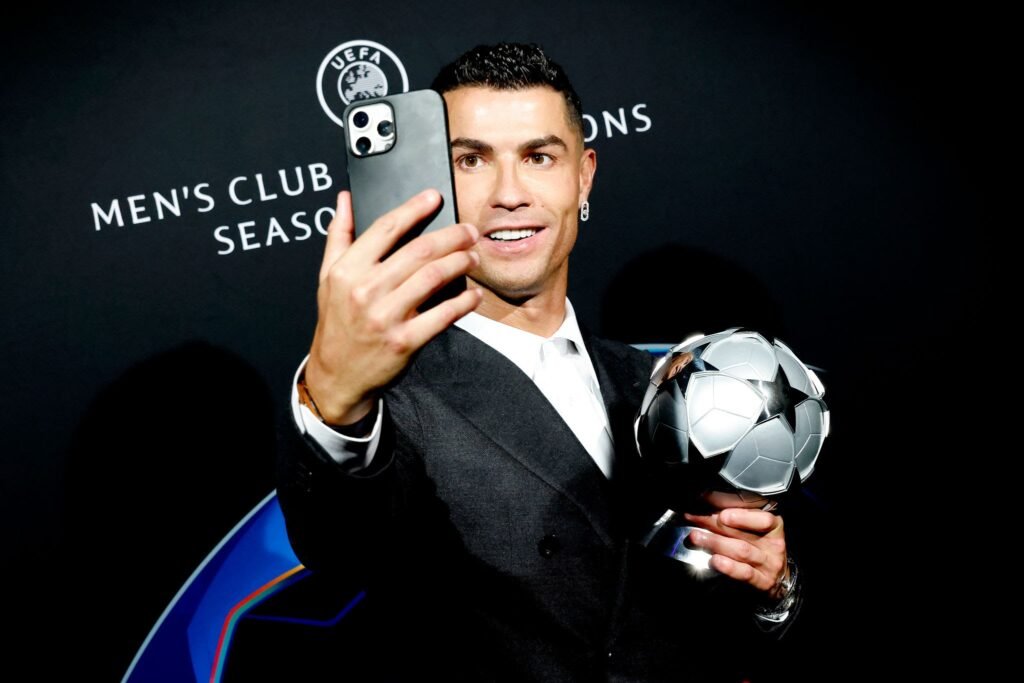
Cristiano Ronaldo’s achievements on the international stage are as impressive as his club successes. He made his debut for the Portugal national team in 2003 and has since become the country’s most-capped player and all-time leading goal-scorer.
Ronaldo’s greatest international achievement came in 2016 when he captained Portugal to victory in the UEFA European Championship. Although he was forced to leave the final against France due to injury, his leadership and motivation from the sidelines played a crucial role in inspiring his teammates to a 1-0 victory, securing Portugal’s first major international trophy. It was a historic moment for both Ronaldo and his country.
In 2019, Ronaldo added another international trophy to his collection as Portugal won the inaugural UEFA Nations League. His performances in both the European Championship and Nations League demonstrated his ability to perform at the highest level, even on the international stage.
Ronaldo’s Playing Style: Athleticism, Intelligence, and Skill
Cristiano Ronaldo’s playing style is unique and ever-evolving. Early in his career, he was known for his incredible speed, dribbling ability, and flair on the wings. As he developed, he became more focused on goal-scoring, positioning himself in central areas to capitalize on his finishing ability. Ronaldo’s heading ability, often overlooked, is among the best in the game, with his leap and power making him a constant aerial threat.
What sets Ronaldo apart from other players is his unmatched dedication to fitness and his relentless pursuit of perfection. His physique has allowed him to maintain top-level performances well into his 30s, something few players in history have managed. Ronaldo’s mental toughness is also a crucial part of his game—his ability to rise to the occasion in critical moments has defined his career.
Ronaldo vs. Messi: The Eternal Debate
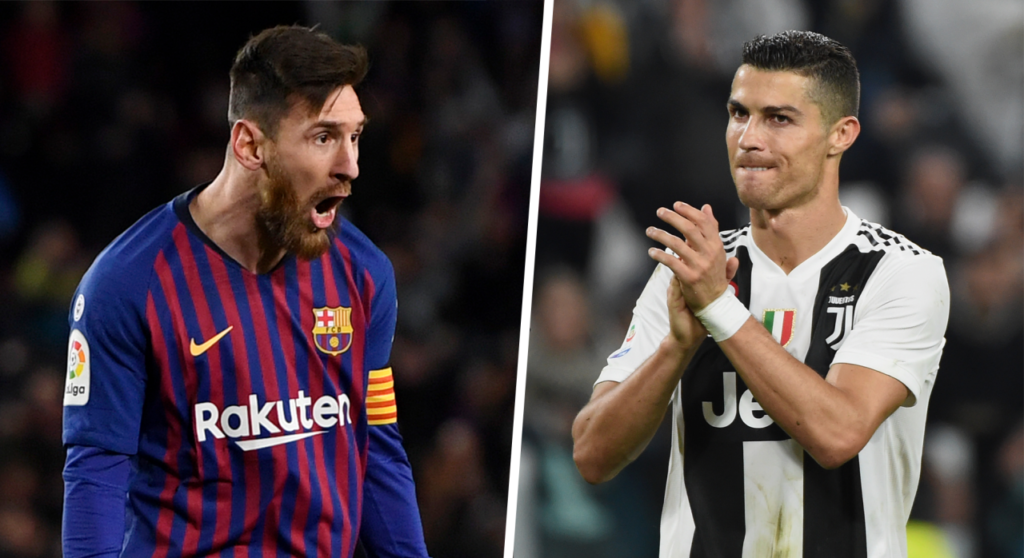
No discussion of Cristiano Ronaldo would be complete without mentioning his long-standing rivalry with Lionel Messi. For over a decade, Ronaldo and Messi have been compared, with fans and pundits debating who is the greater player. The rivalry, while largely respectful, has fueled both players to reach extraordinary levels of success.
Ronaldo’s supporters point to his success in multiple leagues, his incredible athleticism, and his consistent goal-scoring in the Champions League as reasons why he should be considered the greatest. Messi’s supporters, on the other hand, highlight his playmaking ability, dribbling, and
Share this content:
Ronaldo
“Ronaldo vs MrBeast: The Clash of Legends in Entertainment”
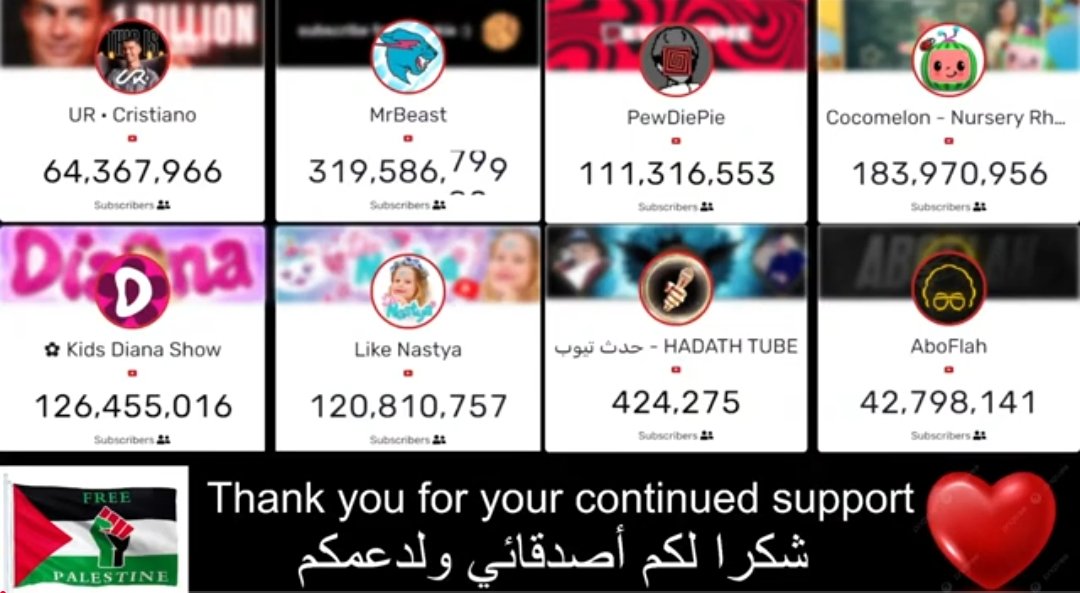
Cristiano Ronaldo and MrBeast excel in different worlds—Ronaldo dominates football with unparalleled skill and records, while MrBeast revolutionizes YouTube with philanthropy and viral content. Both embody dedication and influence, inspiring millions globally. Though their fields differ, their impact highlights the power of talent, hard work, and connecting with audiences worldwide.
“Ronaldo and MrBeast: Icons of Sports and Entertainment”
Share this content:
Ronaldo
Boycott Israel: Understanding Cristiano Ronaldo’s Statement and Its Impact
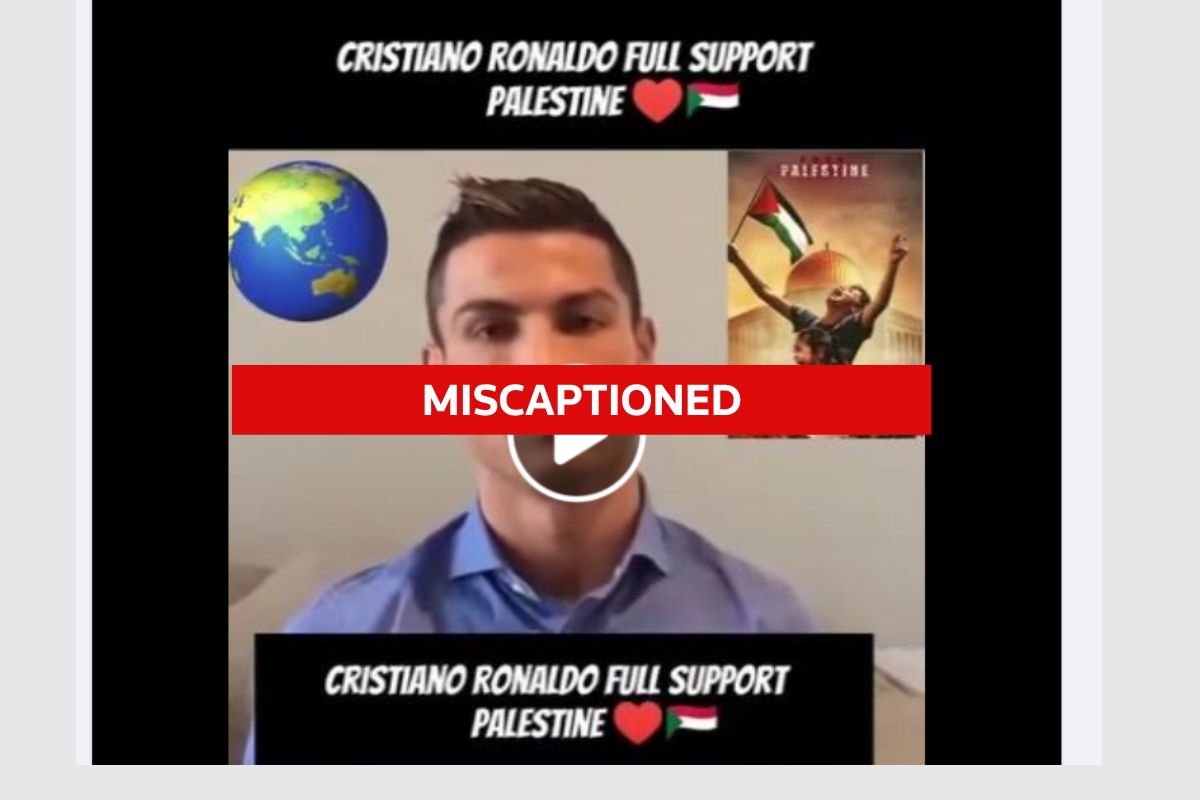
Introduction
Cristiano Ronaldo, one of the most influential athletes in the world, often finds himself in the headlines, not only for his footballing talent but also for his outspokenness on global issues. Recently, his stance regarding the “Boycott Israel” movement has sparked widespread attention. This statement, which touches on complex socio-political issues, has led to a whirlwind of reactions from fans, media, and political leaders worldwide. With millions of supporters globally, Ronaldo’s opinions carry weight, and his words have become a symbol for many who advocate for political and humanitarian causes.
This blog explores Ronaldo’s comments, the context behind the Boycott Israel movement, and the potential impact of his words on the world of sports, activism, and beyond. Whether you’re a fan of Ronaldo, interested in socio-political activism, or curious about the intersections of sports and global politics, this article will shed light on why Ronaldo’s statement resonates with so many. Read more: Boycott Israel Ronaldo Statement
1. The Context Behind Ronaldo’s Statement
Cristiano Ronaldo’s voice often transcends the football field. Known for his charitable acts and humanitarian work, Ronaldo has occasionally commented on social issues and international conflicts. His recent statement, which many interpret as supporting the Boycott Israel movement, has captured global attention and opened a new chapter in the ongoing discussions about athletes and activism.
To understand the significance of Ronaldo’s statement, it’s essential to delve into the Boycott, Divestment, Sanctions (BDS) movement against Israel. BDS is a global campaign that seeks to increase economic and political pressure on Israel, urging them to change policies concerning Palestinian territories. Advocates argue that boycotting Israel, through various means, is a form of nonviolent resistance against perceived injustices toward Palestinians. When Ronaldo expressed sentiments that align with this movement, it wasn’t just a comment; it was a message that resonated with advocates worldwide.
2. The Impact of Celebrity Influence on Social Movements
Ronaldo’s influence is undeniable. With over 500 million followers across social media platforms, his opinions and statements reach audiences in all corners of the globe. Fans and followers see him as a role model, and his words often spark conversations beyond sports. Ronaldo’s position on the Boycott Israel movement demonstrates how athletes can influence public opinion on political issues.
When a celebrity of Ronaldo’s stature voices a stance, it often garners significant attention. For supporters of BDS, Ronaldo’s words offer validation and visibility for a cause that has struggled to gain mainstream support in certain regions. However, his statement also attracted criticism from those who oppose the BDS movement. Some argue that sports should remain separate from politics, while others believe that figures like Ronaldo have a responsibility to advocate for social justice.
The question of whether celebrities should engage in activism has long been debated, but as more public figures speak out, it’s evident that the intersection of fame and activism is here to stay.
3. Why Athletes Are Speaking Out
Over the past decade, sports have become a platform for athletes to express their beliefs. From Colin Kaepernick’s protests during the U.S. national anthem to NBA players supporting social justice movements, the trend of athletes taking a stand on global issues continues to grow. Ronaldo’s statement is part of this larger movement, where athletes use their platforms to speak out about causes they believe in.
Several factors contribute to this trend:
Global Influence of Social Media: Social media allows athletes to connect with fans directly, bypassing traditional media. This gives them an unfiltered voice to discuss issues they care about.
Personal Connection: Some athletes, like Ronaldo, may have personal connections to the issues they address, whether through friends, family, or personal beliefs.
The Rise of Athlete-Activists: With athletes like LeBron James, Megan Rapinoe, and Naomi Osaka making headlines for their activism, more sports figures feel empowered to speak up.
For Ronaldo, making a statement on the Israel-Palestine issue places him alongside other activist-athletes. It also reflects his awareness of the power his words hold and his willingness to use his platform for a cause he deems important.
4. Reactions from Fans and Media
The response to Ronaldo’s statement has been polarizing. Fans, media outlets, and political figures reacted quickly, with a mix of support and opposition.
Supporters’ Reactions: Many fans who support the BDS movement expressed gratitude, hailing Ronaldo as a champion for human rights. For these fans, Ronaldo’s words feel like an endorsement of their beliefs, and his support offers a sense of legitimacy. His message was widely shared on social media, with hashtags related to the Boycott Israel movement trending globally.
Critics’ Reactions: On the other hand, some fans and media outlets criticized Ronaldo, arguing that he should refrain from making political statements. Critics claim that Ronaldo’s position could alienate some of his followers, particularly those who do not agree with the BDS movement. Media outlets and commentators debated whether Ronaldo should involve himself in political discourse, with some suggesting that his statement could impact his sponsorship deals and partnerships in certain regions.
Impact on Ronaldo’s Brand: Ronaldo is one of the most marketable athletes in the world, and his statement could have implications for his brand. Some sponsors and brands prefer to avoid controversy, and Ronaldo’s words may affect potential or existing partnerships. However, many brands have shown increasing tolerance for social and political commentary, recognizing the value of authenticity in their endorsements.
5. The Role of Social Media in Amplifying Statements
Social media plays a crucial role in shaping public perception. For Ronaldo, social media serves as a direct line to his fans, where his statements can reach millions instantly. When he shared his statement, it wasn’t long before hashtags like #BoycottIsrael and #StandWithRonaldo began trending.
In the age of social media, public figures wield tremendous power. Fans often interpret their words as endorsements of political or social causes, and these statements quickly spread across the digital landscape. Additionally, social media provides a space for open dialogue, where supporters and critics alike can share their perspectives.
However, social media can amplify controversies. Misinformation and fake news are prevalent, and statements like Ronaldo’s can easily be misinterpreted. As fans rally behind or against his words, the conversation often spirals, sometimes straying far from the original message.
For activists, social media amplifies the voices of those advocating for causes, giving movements like BDS visibility. However, it also exposes public figures to backlash, with statements scrutinized under a magnifying glass by supporters and detractors alike.
6. The Boycott Israel Movement: A Brief Overview
The Boycott, Divestment, Sanctions (BDS) movement, which Ronaldo’s statement seemingly aligns with, seeks to pressure Israel to alter its policies regarding Palestine. BDS advocates for international boycotts of Israeli businesses, academic institutions, and cultural entities as a form of protest.
Key goals of BDS include:
Ending Israeli Occupation: Advocates want to end Israeli occupation in certain territories, specifically in regions identified as Palestinian by international bodies.
Equal Rights for Palestinian Citizens: BDS supporters call for equal rights for Palestinians living in Israel.
Return of Refugees: BDS also advocates for the right of Palestinian refugees to return to their homes.
The movement has gained support in various regions, particularly among human rights activists. However, it also faces opposition from individuals and governments who view it as a divisive and counterproductive approach. Ronaldo’s alignment with this movement could be interpreted as a strong stance on human rights, though critics argue it risks oversimplifying a complex political situation.
7. How Ronaldo’s Statement Could Shape the Future of Athlete Activism
Cristiano Ronaldo’s statement is likely to have lasting effects, not just for his career but for the world of sports in general. His words symbolize a growing shift where athletes embrace their platforms to advocate for global issues. This change could inspire other players to speak out, using their fame to raise awareness and prompt conversations on critical social topics.
While the impact of Ronaldo’s words is still unfolding, his statement has set a precedent. As more athletes find their voices, the sports industry may need to adapt to a future where activism is inseparable from athletic fame. This shift could lead to greater acceptance of athletes’ social and political expressions, or it may further fuel the debate over keeping sports separate from politics.
Conclusion
Cristiano Ronaldo’s statement on boycotting Israel underscores the powerful role athletes play in shaping public discourse. While his stance has received both support and criticism, it highlights the growing trend of athletes speaking up on social issues. Whether you agree or disagree with Ronaldo, his words bring awareness to the challenges and responsibilities athletes face as global icons. Ronaldo’s statement serves as a reminder that sports, in today’s world, go beyond the field, touching upon deeply rooted social, political, and humanitarian concerns.
Share this content:
Ronaldo
The Rise, Fall, and Legacy of Ronaldo Nazário: Football’s Phenomenal Talent
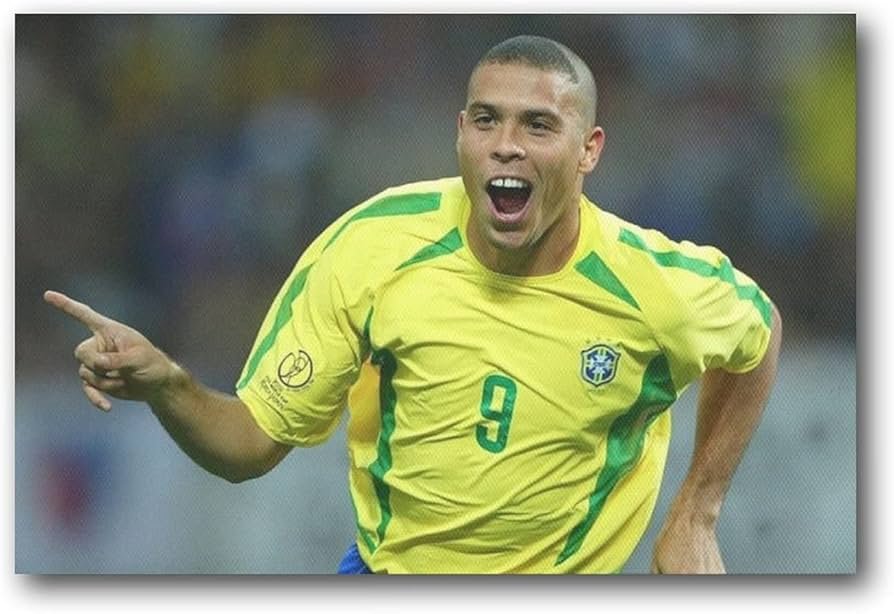
Introduction:
Briefly introduce Ronaldo Nazário, often called “O Fenômeno” (The Phenomenon), and his impact on the world of football. Mention his rare combination of speed, skill, and power, which captivated fans globally and made him a legend.
Early Life and Career Beginnings
Birth and Early Years: Born in 1976 in Rio de Janeiro, Brazil, Ronaldo Luís Nazário de Lima showed an early passion for football.
Youth Career: Highlight his time in Brazilian youth academies, especially his time with São Cristóvão and Cruzeiro, where his talent quickly caught attention.
First Professional Success: Detail his achievements at Cruzeiro, including his impressive goal-scoring ability at such a young age, and the international interest it sparked.
European Rise: PSV Eindhoven and FC Barcelona
PSV Eindhoven: Describe how Ronaldo joined PSV at just 17 and quickly adapted to European football, finishing as the league’s top scorer in his first season.
FC Barcelona: Talk about his record-breaking transfer to Barcelona, his incredible goal-scoring season, and his evolution into a global superstar.
Memorable Moments: Highlight some of his unforgettable goals at Barcelona, showcasing his dribbling and shooting abilities.
The Inter Milan Years: Triumph and Tragedy
Joining Inter Milan: Detail his move to Italy, the expectations placed upon him, and his success in Serie A, which was then one of the toughest leagues in the world.
The Phenomenon in Italy: Explain how he became known as “Il Fenomeno” and his incredible performance at Inter, including winning the Ballon d’Or in 1997.
Injuries and Struggles: Talk about his devastating knee injuries, surgeries, and the challenge of recovering at such a critical stage of his career.
The Redemption Arc: 2002 World Cup Glory
Return to the National Team: Explain his journey to return to full fitness and make it back to the Brazilian national team for the 2002 World Cup.
2002 World Cup Performance: Describe his incredible comeback, leading Brazil to victory, scoring eight goals, and claiming the Golden Boot.
Legacy of the 2002 World Cup: Highlight how this World Cup cemented his status as one of the greatest players of all time.
Real Madrid and the Galácticos Era
Joining Real Madrid: Describe his transfer to Real Madrid as part of the club’s “Galácticos” project.
Impact at Real Madrid: Discuss his successes at Madrid, including winning La Liga and his memorable performances alongside stars like Zidane, Figo, and Beckham.
Injuries and Decline: Touch upon his recurring injury issues that continued to affect his form during his time in Spain.
Later Years and Retirement
AC Milan and Return to Brazil: Mention his move to AC Milan and subsequent return to Brazil with Corinthians, showing his resilience and passion for the game.
Final Days and Retirement: Discuss his retirement in 2011, reflecting on his decision and his farewell to football.
Ronaldo’s Legacy and Impact on Modern Football
Influence on Future Strikers: Analyze how his style of play influenced modern forwards, blending power and finesse.
Skill and Technique: Detail his iconic moves, such as the step-over, and his contributions to the development of attacking play.
Recognition and Honors: List his major accolades, including Ballon d’Or wins, World Cup victories, and his ranking among football’s all-time greats.
Conclusion
Summarize Ronaldo Nazário’s journey from a young talent in Brazil to one of the most celebrated players in football history. Reflect on his enduring legacy, how he overcame adversity, and his unique place in the hearts of fans.
FAQs
1. How many Ballon d’Or awards did Ronaldo Nazário win?
He won two Ballon d’Or awards, in 1997 and 2002.
2. What made Ronaldo Nazário unique among other strikers?
His blend of explosive speed, strength, and technical skill set him apart, allowing him to score incredible goals that amazed fans worldwide.
3. Why is Ronaldo Nazário called “O Fenômeno”?
The nickname, meaning “The Phenomenon” in Portuguese, was given to him because of his extraordinary talent and impact on the game at a young age.
4. How many World Cups did Ronaldo Nazário win with Brazil?
Ronaldo won two World Cups with Brazil, in 1994 and 2002.
5. What injuries did Ronaldo Nazário suffer?
He experienced serious knee injuries, particularly ligament tears, which sidelined him for lengthy periods and impacted his career.
Share this content:
-

 Health7 months ago
Health7 months agoВетеринарная клиника VetCityPets: Забота о вашем питомце на высшем уровне
-

 App6 months ago
App6 months agoExperience Unlimited Entertainment with Castle APK for Android
-
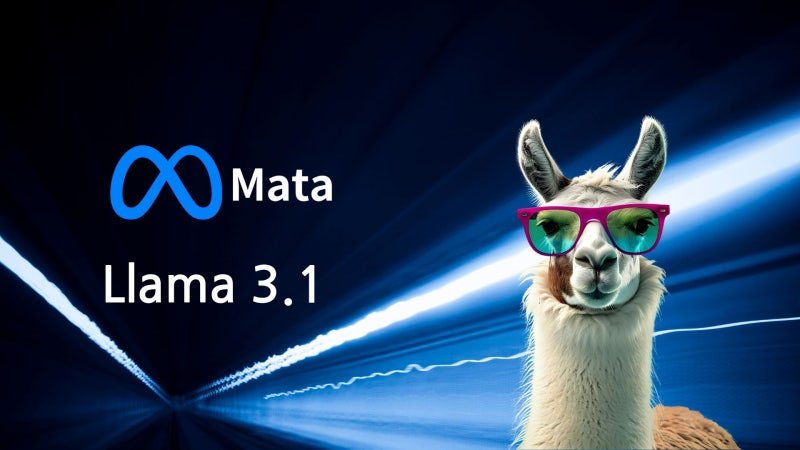
 AI8 months ago
AI8 months agoUnderstanding 라마 3.1: Features, Benefits, and Applications
-

 Business8 months ago
Business8 months agoSnow Day Calculator: How to Predict School Closures
-

 Business8 months ago
Business8 months agoLand Rover Defender vs. Toyota Land Cruiser: Battle of the Luxury Off-Roaders
-

 BLOG8 months ago
BLOG8 months agoThe Ultimate Guide to Becoming a Car Guru: Tips for Car Enthusiasts and Buyers
-

 Fashion7 months ago
Fashion7 months agoWhy the Essentials Hoodie is a Must-Have in Every Wardrobe
-
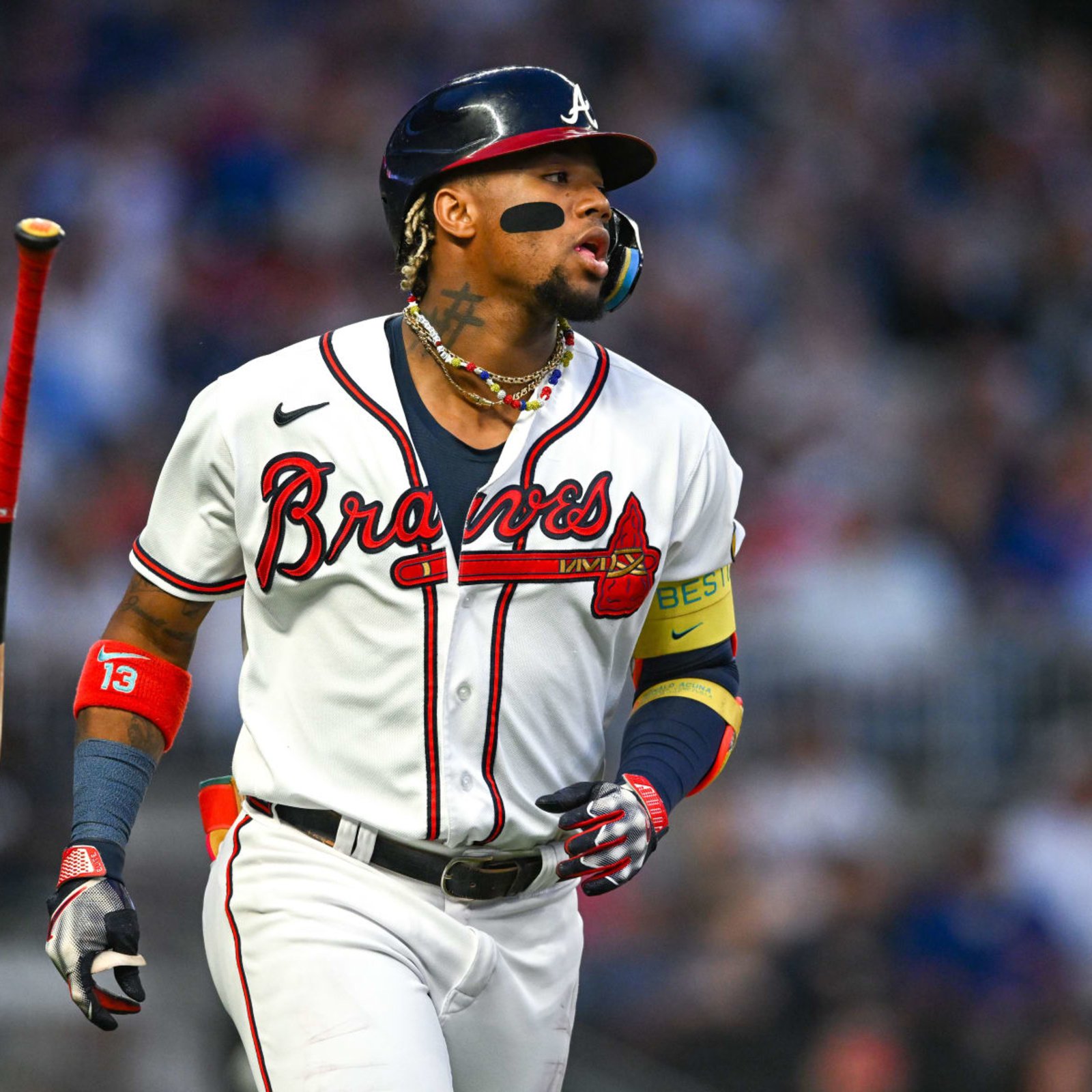
 Ronaldo8 months ago
Ronaldo8 months agoRonald Acuña Jr.: The Rise of a Baseball Superstar



Pingback: Ronald Acuña Jr.: The Rise of a Baseball Superstar - Ronaldo